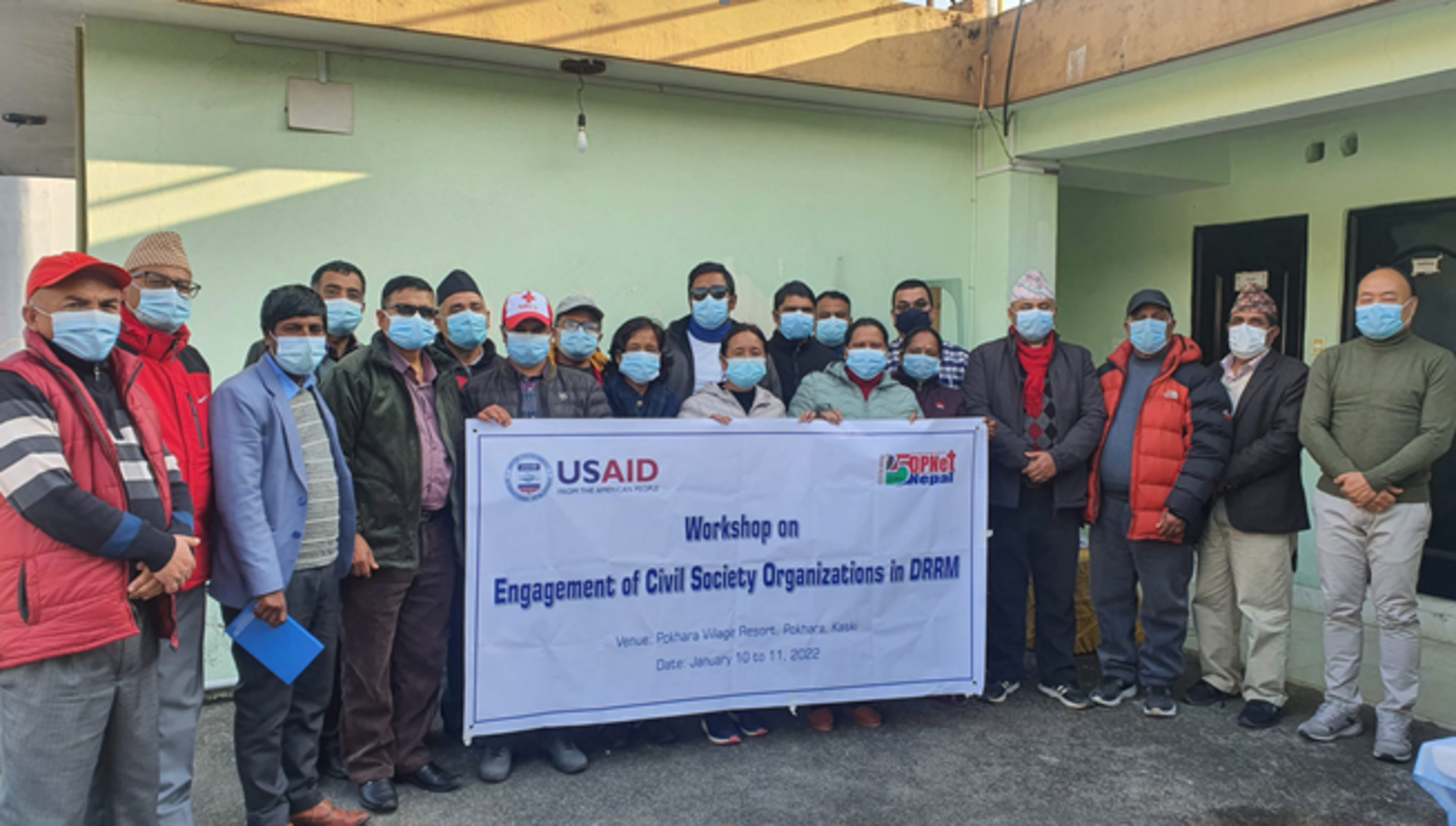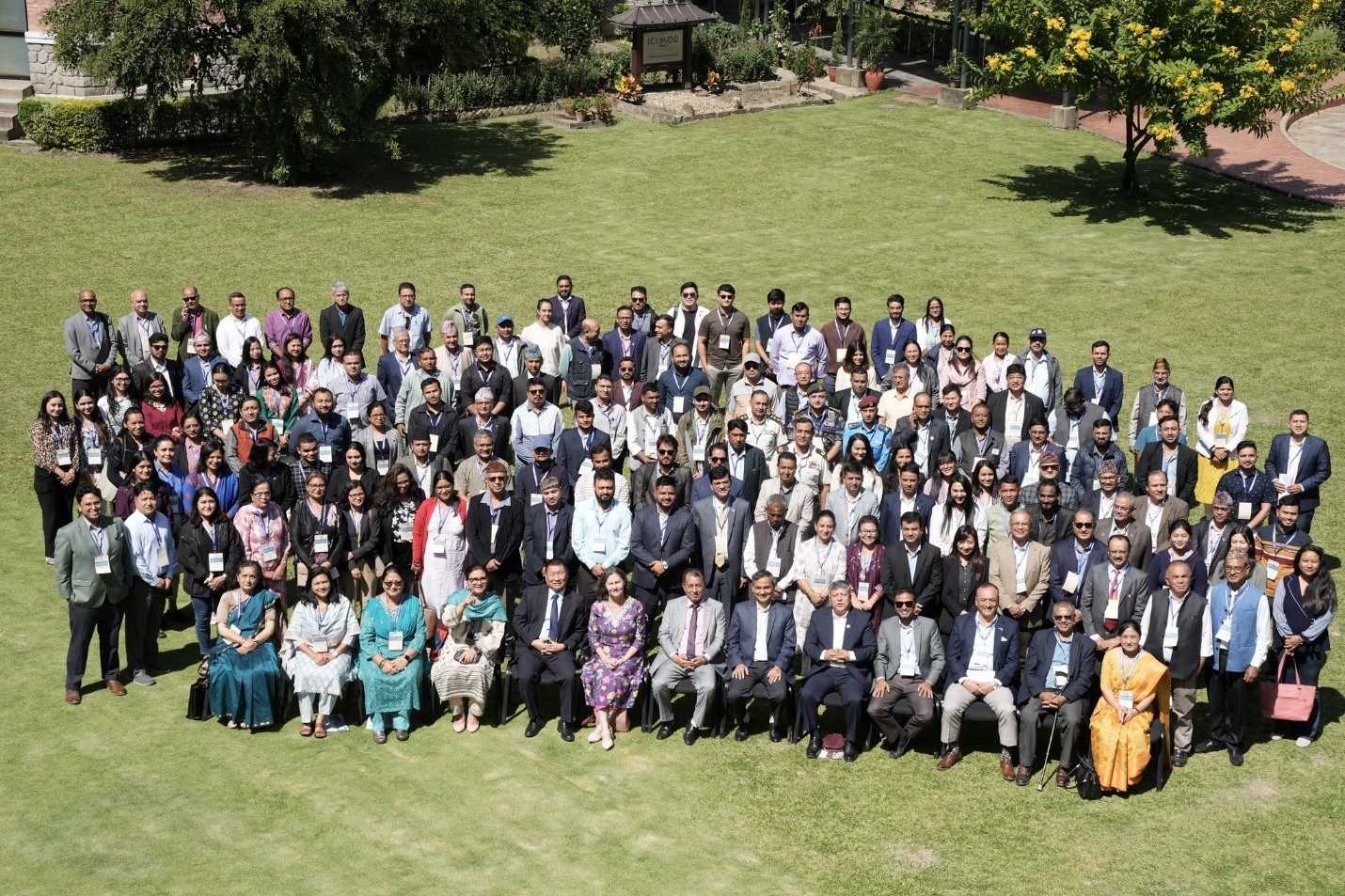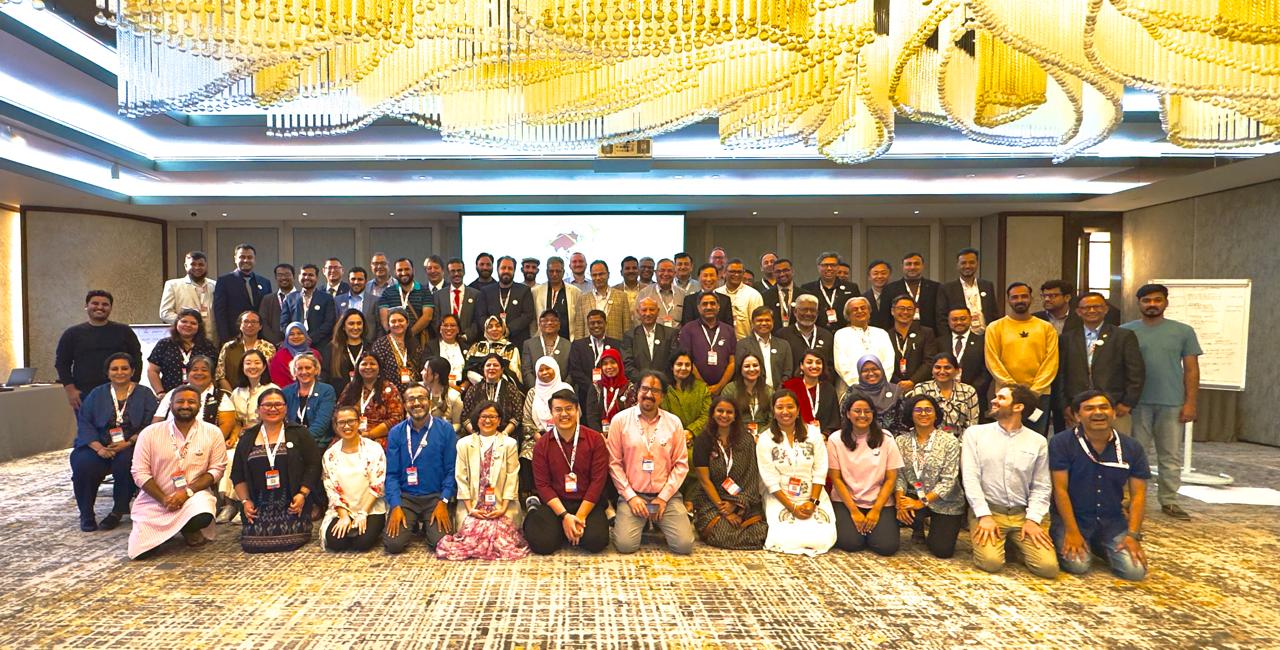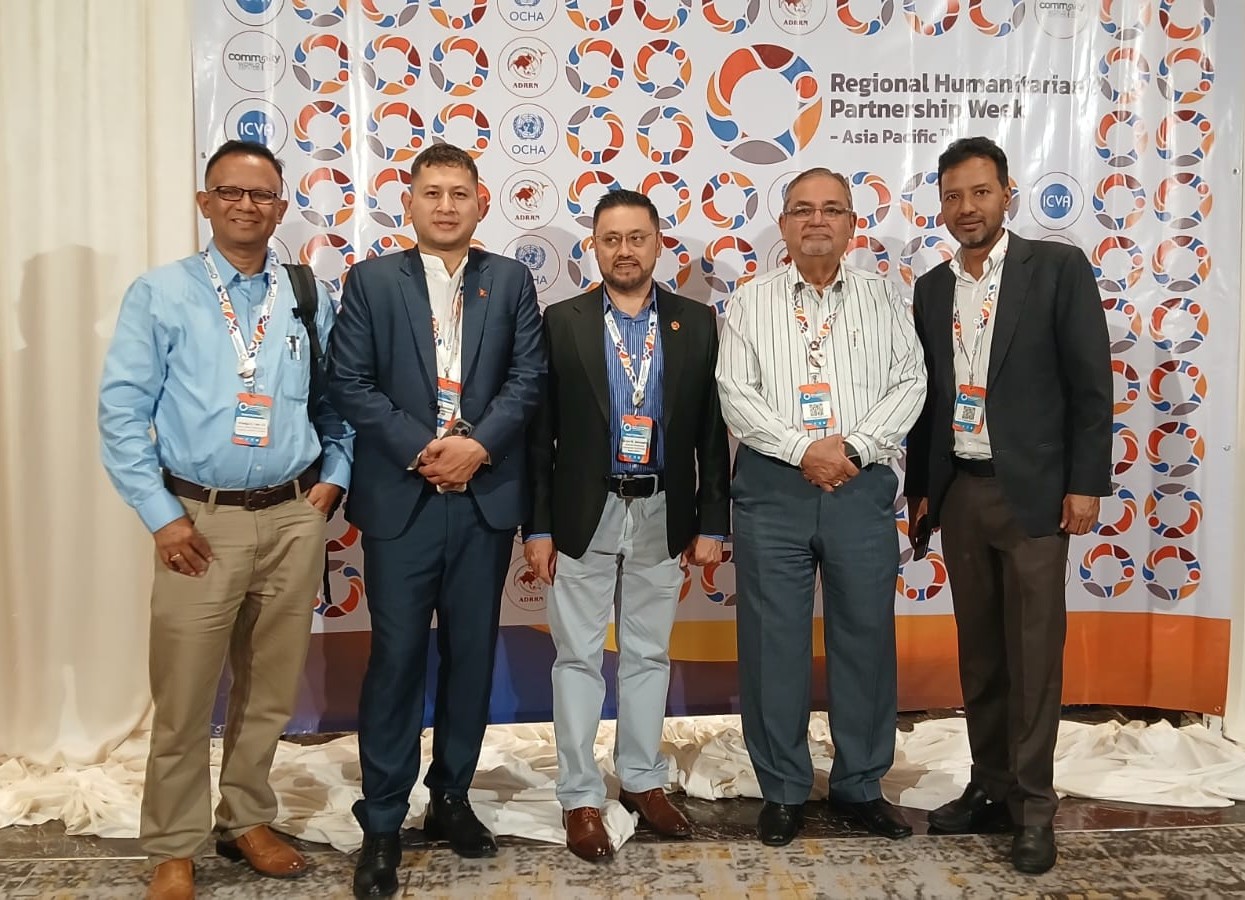Province Level Workshop on Engagement of civil society organization in DRRM
Jan 23, 2022

The Provincial Level Workshop on Engagement of civil society organization in DRRM was organized at Hotel Pokhara Village Resort, Pokhara Metropolitan city, Kaski of Gandaki Province from January 10 to 11, 2022. Altogether, 19 participants participated in the workshop. The major highlights of the two days long participatory workshop on the effective and meaningful engagement of CSO in the DRRM reviewing the existing capacity, hindrance and gaps to fulfill in the days to come are as under.
Major Highlights:
Major Highlights:
- Mr. Ram K Gurung, Consultant of the National level workshop CSO in DRRM, gave presentation on “CSO’s engagement in the DRM process: Role and Essentials” where he differentiate about the terminology NGO (Non-Government Organization) and CSO (Civil Society Organization). He explained how CSOs are instrumental in implementing DRRM activities and engaged in the process with some hands-on illustration in the Nepalese and foreign context. He was familiarized with the guidelines by NDRRMA on CSO mobilization and their roles in DRRM in various sectors. He further added about CSOs to hold the consultation on gaps and challenges encountered when implementing the Sendai Framework at the local level. They also support local communities to strengthen their coping against disaster impacts through practical and needs driven approaches. CSOs are to ensure that they become active members of respective national DRR Platform to advocate and support the development or updating of risk informed national and local DRR strategies. He further shared the roles of CSO, Sphere and humanitarian principles and CHS. At the end of the day, he shared about the legal provision on DRRM in Nepal.
- On 11th Jan, 2022, the program started with the recap of the previous day by Mr. Ram K Gurung. He shared the visual presentation and Meta card presentation on sphere commitments. He further presented Sphere and Core Humanitarian Standard. In Core Humanitarian Standard, he shared about its structure, commitments, quality and accountability and participation typology. He explained the protection principles and its needs, structure, the protection principles and the humanitarian charter, protection specialists and key messages. He gave briefs about the practical and strategic aspects of GESI and how to address it with emergency protection.
- He highlighted about How the GESI has been provisioned in those legal documents and what is the implementation status of the GESI provisions. He highlighted the concept of CSO to make their presence in the process of their engagement in DRRM. He gave examples and case studies of engagement of CSOs in the process of DRRM from abroad and Nepal on various scenarios. He further explained about GESI and protection principle in emergencies and normal phase and finally, shared about the existing good practices and gaps and issues they see as a hindrance to their participation in the DRRM process and feedback along with the suggestions.
Major Discussions:
- In depth discussion took place about the basics of DRRM, CCA and how CSO as an entity working closely with the affected communities can play pivotal roles in carrying the voice of those to higher level to be heard as well as the role that can be played in making them understand against such disasters and prepare in advance. What are the prime essentials of the engagement of CSO in DRRM process and what are the major hindrances that are blocking them from being engaged. How can they lobby and advocate for the conversion of the possibility of existing social protection and DRRM. Existing DRRM Act, 2017 and how this act has been working effectively to the expectation of the people. Whether this act is able to carry out the major activities as it has been portrayed in the act. How can CSO assist in collaborating with the government to carry forward its key messages to the masses that are the most affected by the disaster of various kinds.
- The discussion took place about need of technical and institutional capacity for provincial and local governments’ effective implementation of DRRM Act, 2017 and Local Government Operation Act 2017; and mobilization of different clusters to integrate and mainstream DRR into development plans and programs
- Women, Senior Citizens and the persons with disability as well as other minority groups are highly vulnerable and susceptible to disaster and the DRRM actors are to execute the prime activities from inclusive perspectives focusing on protection, basic humanitarian principles and universal humanitarian standards. At the same time, all the CSOs who tend to indulge in the course should be bound by the core humanitarian standard commitment for the quality and accountability against their service delivery.
- The need for the capacity enhancement in advanced understanding of the DRM process, legal and operational environment to operate disaster risk reduction and management.
- Learning workshop and training, other policies, act and strategies should be in action rather than confined only in written form which may restrict its effectiveness and how such activities if put into action can hugely contribute to the process of DRRM engagement for CSOs.
- Discussion on how CSOs strong and active participation in advocacy can make an impact for their engagement in the DRRM process.
- CSO can play a vital role in making the use and mobilizing the local resources in the process of DRRM with the proper long term sustainable planning and lobbying for the execution putting it in the first priorities.
- Continuous coordination and cooperation with the local government by building mutual trust between CSO and the government along with the development partners.
- In the context of the availability of various acts and regulations, policies and strategies, CSOs can play a role in facilitation in the local and provincial planning process and its implementation.
- Support and lobbying in the vivid and smart implementation of the existing law, acts to benefit the beneficiaries.
- Capacity enhancement for CSO is also essential to understand the operation, process of the DRRM.
- Information dissemination, policy dialogues and other relevant activities for the effective engagement with the government.
- Review of learnings on effective implementation of DRRM Act, 2017, sharing of good practices on DRRM and implementation of Humanitarian Standards is vital for proactive role of CSOs and coordinated action of government agencies and CSOs for Disaster Risk Reduction and Management











